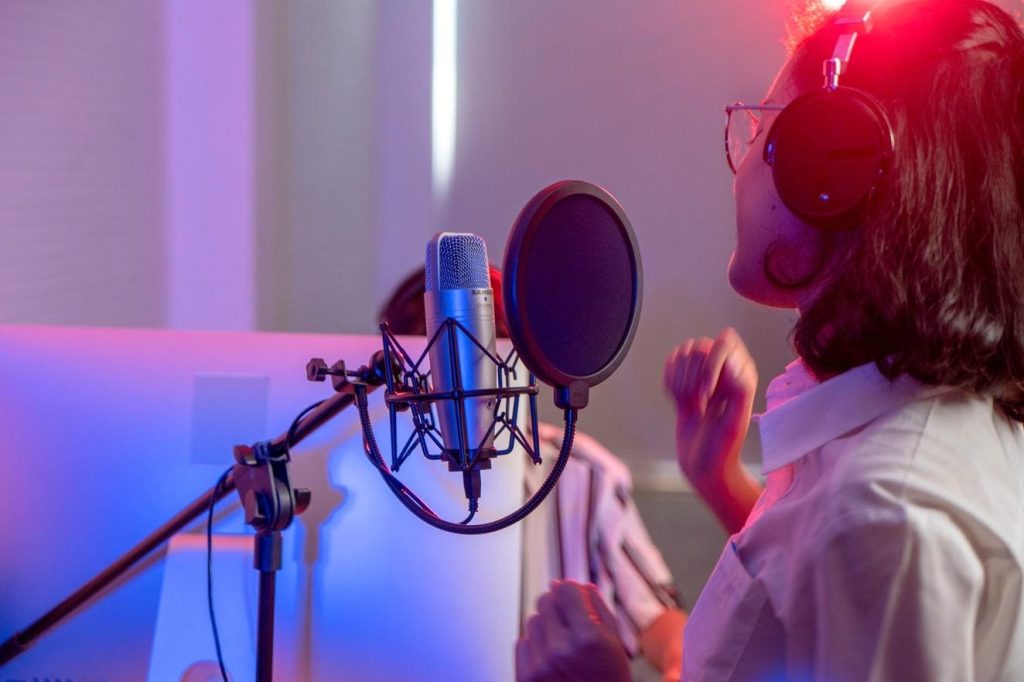Michael Huppe, President & CEO of SoundExchange, is a prominent figure in the music industry. In 2024, the music industry is facing a new technological challenge – artificial intelligence (AI). Huppe emphasizes the need for legal and professional measures to protect music creators from the potential risks posed by AI. However, he also highlights the positive aspects of AI as a tool that can enhance human creativity and artistry, much like how music videos did in the 1980s.
Generative AI has gained popularity among musicians, who are using it to experiment with new tools and create innovative music. While there have been concerns raised, such as the unauthorized release of an AI-generated song imitating popular artists like Drake and The Weeknd, there have also been promising developments. Artists are utilizing AI in various ways to revolutionize the music industry, from reviving music from artists who have passed away to expanding their reach through multilingual releases and collaborating with other creators.
Some artists, such as Paul McCartney and Timbaland, are using AI to bring back music from legendary musicians like John Lennon and Biggie Smalls, creating new songs using their unique sound. Others, like The D.O.C., are seeking “second chances” by using AI to generate new vocals and continue creating music after facing challenges in the past. Additionally, artists like Tom Morello and prominent labels like HYBE are using AI to develop their sound and reach a wider audience.
AI is also helping working musicians by providing tools to lay down beats, overcome writer’s block, and find their sound. However, Huppe stresses the importance of respecting creators’ rights and ensuring proper consent, credit, and compensation when using AI tools in the music industry. By adhering to these principles, he believes that AI can be a valuable asset in promoting creativity and diversity in music production, without replacing the essence of human artistry. Huppe is optimistic about the potential of AI to bring positive change to the music industry and looks forward to seeing how this new technology will continue to evolve.













